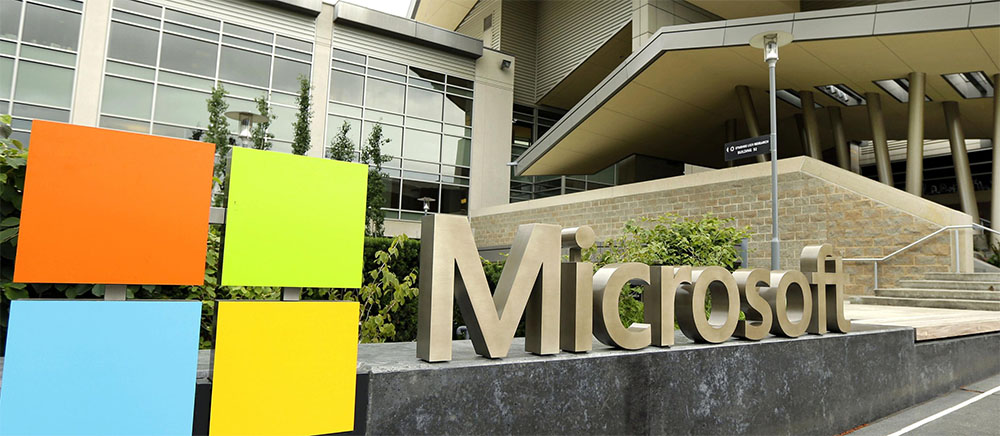Photo Credit: Getty Images
Microsoft's latest quarterly results have calmed investor fears about potential AI demand slowdown, with the company forecasting stronger-than-expected growth for its Azure cloud business. Shares surged 7% in after-hours trading, positioning the tech giant to add over $200 billion to its market value.
Azure revenue grew 33% in the third quarter ended March 31, exceeding analyst estimates of 29.7%. Artificial intelligence contributed 16 percentage points to this growth, up from 13 points in the previous quarter, demonstrating continued momentum in AI adoption.
The company forecasts cloud computing revenue to grow 34-35% in the fourth fiscal quarter, reaching between $28.75 billion and $29.05 billion. This projection significantly outpaces analyst expectations, according to Visible Alpha data.
Commercial bookings rose 18% in the fiscal third quarter, partly driven by a new Azure contract with OpenAI, creator of ChatGPT. However, Microsoft declined to specify the deal's size or its exact impact on overall Azure sales growth.
"The real outperformance in Azure this quarter was in our non-AI business," clarified Amy Hood, Microsoft's CFO. "The only real upside we saw on the AI side was that we were able to deliver supply early to a number of customers."
These strong results follow similar positive outcomes from Google, potentially easing concerns about AI demand slowdown after reports of Microsoft canceling some data center leases had worried analysts.
Microsoft's capital expenditures increased 53% to $21.4 billion in the third quarter, with a notable shift toward shorter-lived assets. "You plug in CPUs and GPUs, and then you can start recognizing revenue," explained Jonathan Neilson, Microsoft's VP of investor relations, referring to chips from Intel, AMD, and Nvidia.
CEO Satya Nadella addressed concerns about data center lease changes, noting that Microsoft has "a long history of constantly adjusting its data center plans," but only recently have analysts scrutinized these adjustments closely.
Overall company revenue rose 13% to $70.1 billion, with the Intelligent Cloud unit contributing $26.8 billion. Profit reached $3.46 per share, surpassing the expected $3.22 per share.
Dan Morgan, senior portfolio manager at Synovus Trust, attributed the significant beat to previously skeptical market expectations: "The beat wouldn't have been this big if we didn't have all these problems," referring to tariff uncertainties that had concerned investors.
Microsoft's continued investment in AI infrastructure remains significant for the broader economy. J.P. Morgan analysts estimate that data-center spending could contribute between 10 and 20 basis points to U.S. economic growth in 2025-2026.


